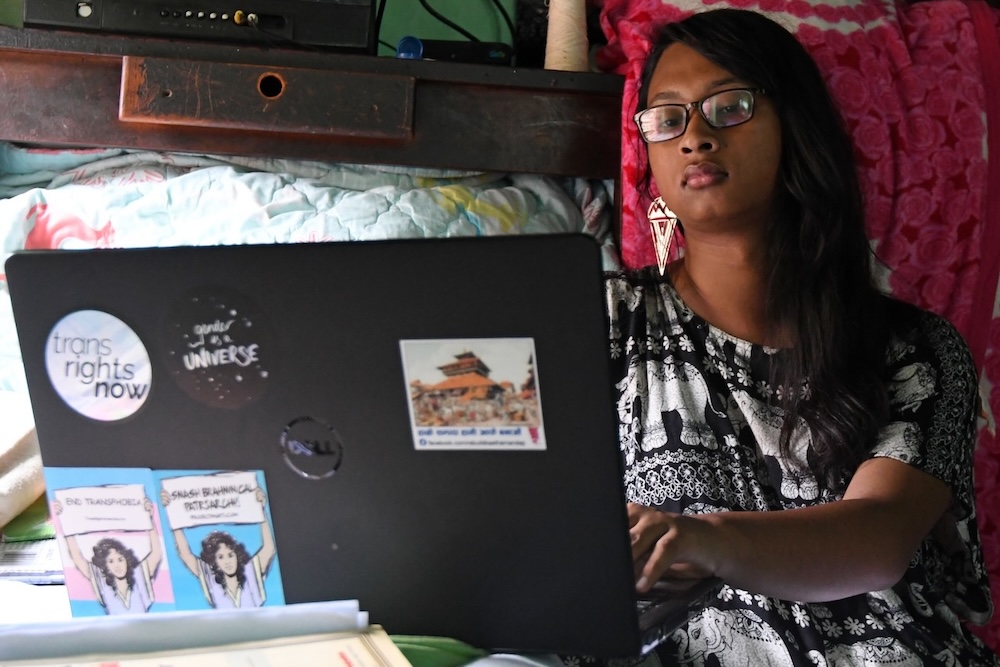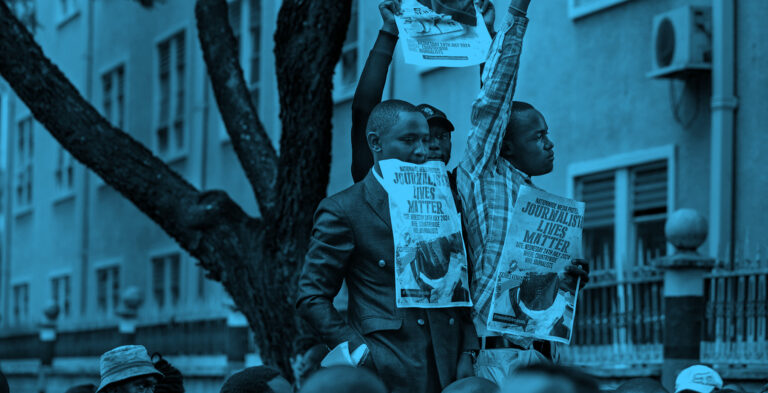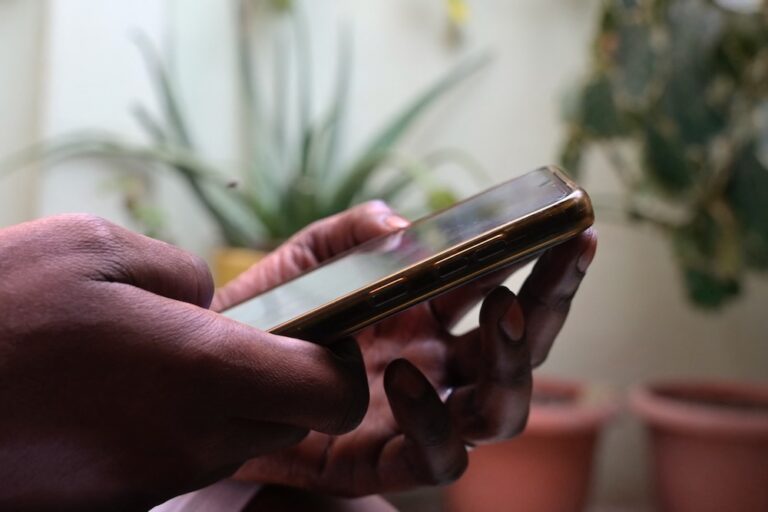"In many places around the world, strides were made toward disability rights, access to abortion, and dismantling colonial legacies, just to name a few" - HRW
This statement was originally published on hrw.org on 19 December 2024.
In a year when much of the news felt incredibly grim, Human Rights Watch wants to take time to share the progress that we’ve seen – and that’s easy to overlook – around human rights. In many places around the world, strides were made toward disability rights, access to abortion, and dismantling colonial legacies, just to name a few. Here are our top 10 good news stories of 2024.
Afghan women artists play a vital role in the women’s movement resisting Taliban abuses, and these artists’ contributions – and art – should be recognized. This piece features two Afghan women artists living in exile who protest through their work, and who voice their beliefs, through the art they create with patience, creativity, and passion.
At the end of each year, Human Rights Watch likes to take stock of human rights progress for children around the globe. From strengthening children’s access to education to better protecting kids during wartime, here are some of our favorite examples from 2024.
Volkswagen’s decision this year to cease operations in China’s Xinjiang Uyghur Autonomous Region after 12 years is significant, though long overdue. The German automaker’s exit demonstrates the near impossibility of operating responsibly in a region where the Chinese government is committing crimes against humanity, and subjecting Uyghurs and other Turkic Muslims to state-imposed forced labor.
In January, the Canadian province of Prince Edward Island has joined eight other provinces to block the Canada Border Services Agency (CBSA) from using provincial jails to incarcerate migrants and asylum seekers on administrative grounds.
The Congress of the State of Mexico voted in November to decriminalize abortion in all cases during the first 12 weeks of pregnancy. Fear of legal repercussions has long deterred healthcare providers in Mexico state from offering services, and it also deterred patients from seeking abortion care.
Last March, Indonesia’s Education Ministry agreed to have the national Press Council mediate all defamation disputes involving student journalists and publications. In 2023, Human Rights Watch called on the Indonesian government to work with the Press Council and set up such a mechanism to support and protect student media.
In December, the Brussels Court of Appeal found the Belgian government guilty of crimes against humanity in Congo during Belgian colonial rule and ordered it to pay compensation as a form of reparation.
Colombia took an important concrete step this fall by ratifying the Escazú Agreement, a landmark treaty for Latin American and Caribbean nations that advances the right to a healthy environment.
The Supreme Court of Nepal ruled that Rukshana Kapali, a transgender woman, should be legally recognized on all documents as a woman without having to submit to medical verification. The judgment is the latest in the court’s history of progressive rulings on sexual orientation and gender identity, which has earned Nepal a positive global reputation on LGBT rights.
Mexico City has taken a significant step in supporting the rights of traditionally marginalized and disadvantaged people, including those with disabilities and older people. The new National Code of Civil and Family Procedures, which came into effect in Mexico City in 2024, formally repeals the use of guardianship and other forms of legal capacity restrictions, recognizing the full legal capacity of all adults as well as their right to request support in decision-making.



